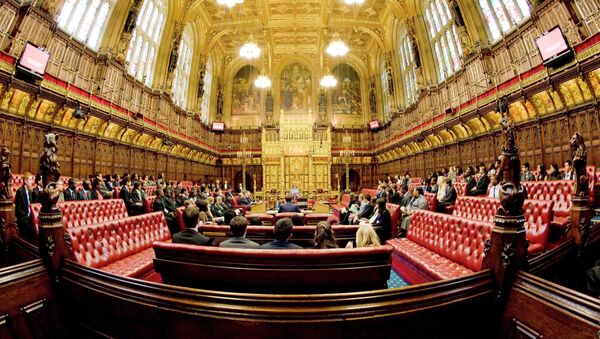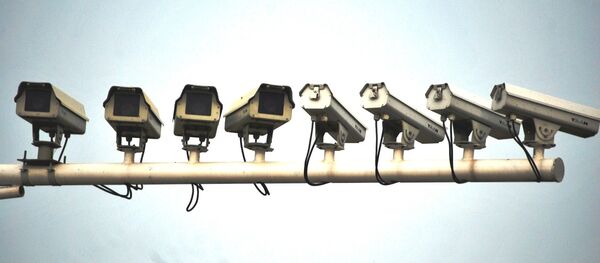The bill was adopted by the UK House of Commons in June, when 444 lawmakers backed it and only 69 opposed it.
After almost a year of negotiations, the bill was backed by the Upper House of the country's parliament.
Being approved by the two houses of parliament, the bill is expected to become a law after Queen Elizabeth II grants her Royal assent to it.
The bill, which aims to give UK law enforcers sweeping powers, requires Internet providers to store their customers' browsing history for up to 12 months and grant access to law enforcement regardless of whether a user is under investigation or not. Within the framework of the legislation, police are also expected to have the authority to hack into phones, laptops, tablets and computers.
The controversial draft law had already been criticized by a number of UK groups protecting civil liberties and privacy, such as Big Brother Watch and Privacy International, as well as by the international organizations, such as the Organization for Security and Co-operation in Europe (OSCE).




